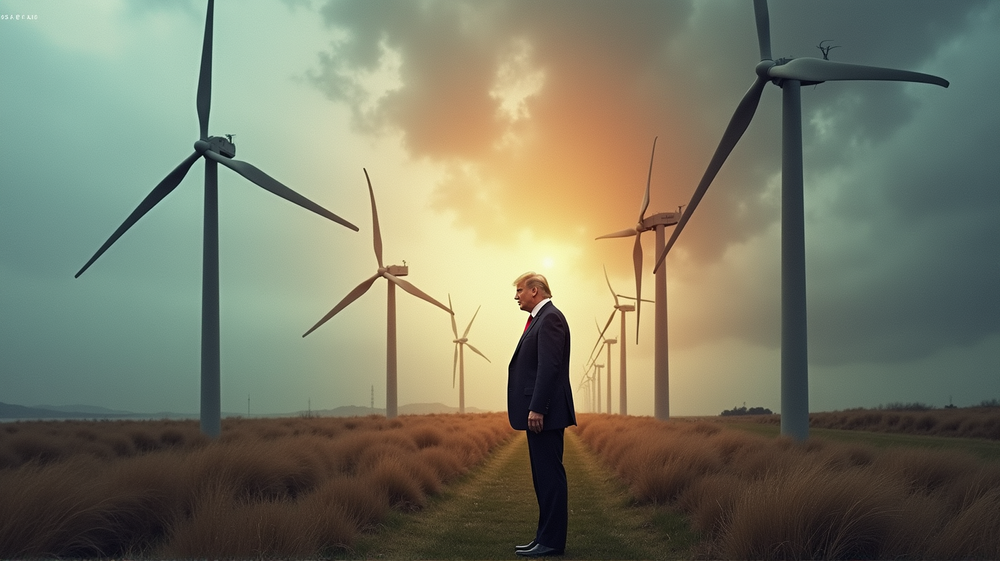In a move that has sparked both intrigue and debate, US President Donald Trump has called on the United Kingdom to focus on oil drilling instead of building wind turbines. This suggestion comes shortly after the United States and Britain concluded a historic trade agreement, marking Trump’s first deal with any country since announcing global tariffs. According to NDTV, the suggestion could potentially lead to a significant shift in the country’s energy landscape and economic approach.
The Trade Deal’s Backbone
On May 8, the United States and Britain unveiled a trade agreement that appears mutually beneficial. While this deal lifts tariffs on British luxury cars and removes them entirely on steel and aluminum, it maintains a 10 percent levy on various British goods. This agreement signifies a pivotal step in US-UK economic relations and reframes how they approach global trade.
Advocating Energy Shifts
Trump’s recommendation, shared on Truth Social, aligns with his administration’s prevailing fossil fuel emphasis. He suggests that the UK can reduce energy costs significantly by focusing on North Sea drilling, a region known for its vast reserves. His proposition, however, counters Britain’s commitment to renewable energy and its vision of becoming a “clean energy superpower.” The juxtaposition of these stances highlights a larger dialogue about environmental priorities and economic strategies.
Aberdeen’s Role in Energy Dynamics
In his post, Trump references Aberdeen, the northeastern Scottish oil and gas hub, positioning it as central to Europe’s fossil fuel infrastructure. He ambitiously forecasts a “century of drilling left,” thereby advocating for an energy policy that leverages existing resources. This comment emphasizes the tax policies that may hinder such advancements, suggesting reforms that could incentivize more drilling activities.
Implications for UK Policy
The UK has enhanced its focus on renewable energy, echoing a global shift towards sustainability. Trump’s proposition to pivot back to fossil fuels amidst this trend invites policymakers and industry leaders to weigh the benefits of immediate economic relief against long-term ecological impacts. The possibility of resuming extensive North Sea drilling will teste the balance between energy independence and environmentally-conscious governance.
A Turning Point in Energy and Trade
The dialogue that Trump’s comments initiate underscores a critical moment for the US-UK relationship, set against the backdrop of their new trade deal. While the agreement aspires to pave economic synergy, energy policies may present challenges in aligning their future visions. The resolution of these differing energy approaches could be pivotal in shaping the two nations’ partnership and trade success.
This emerging narrative between the United States and the UK brings to the surface essential considerations about global leadership, energy reliance, and trade policies. As both nations navigate their partnerships and energy strategies, the outcome will be watched closely on the world stage.












